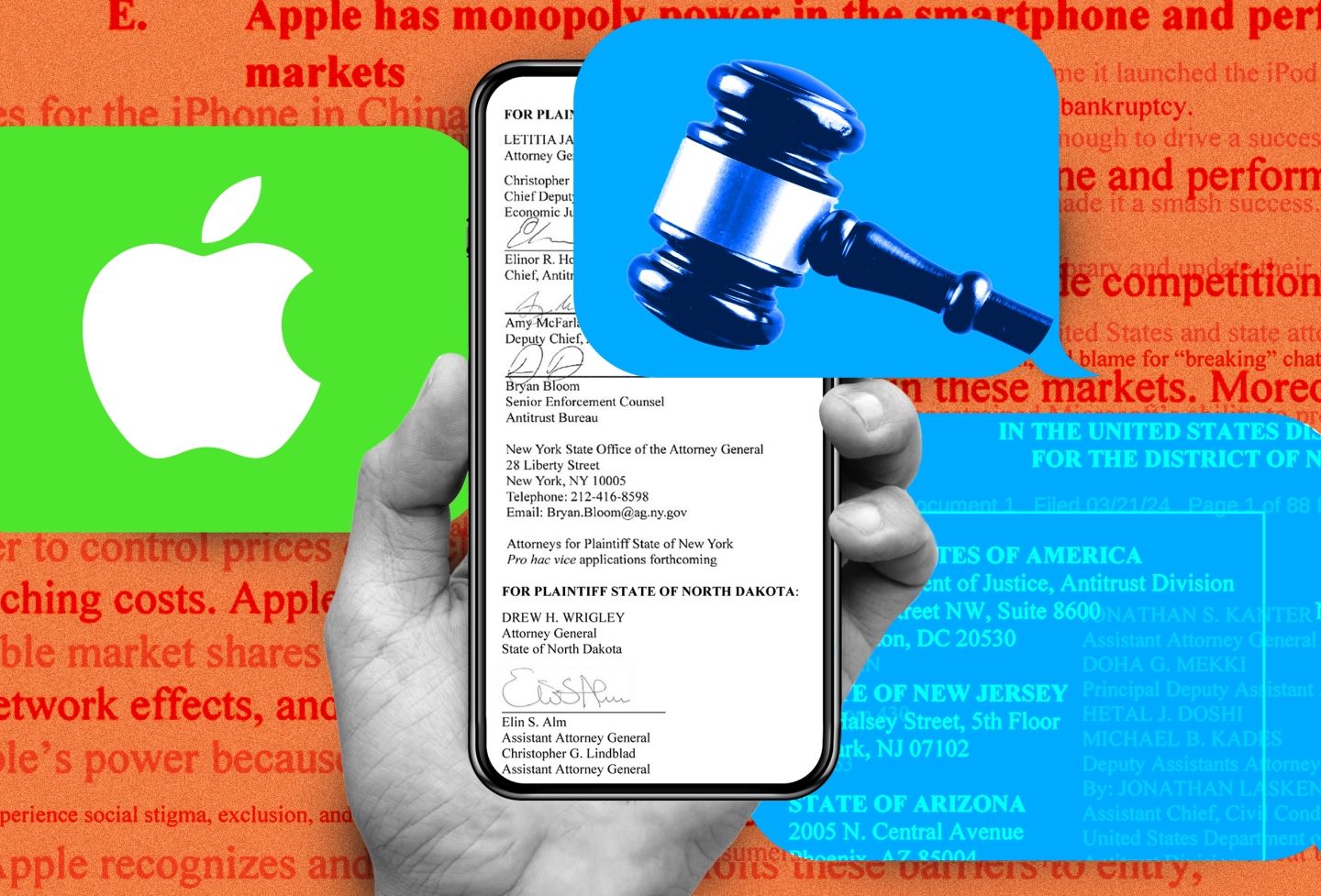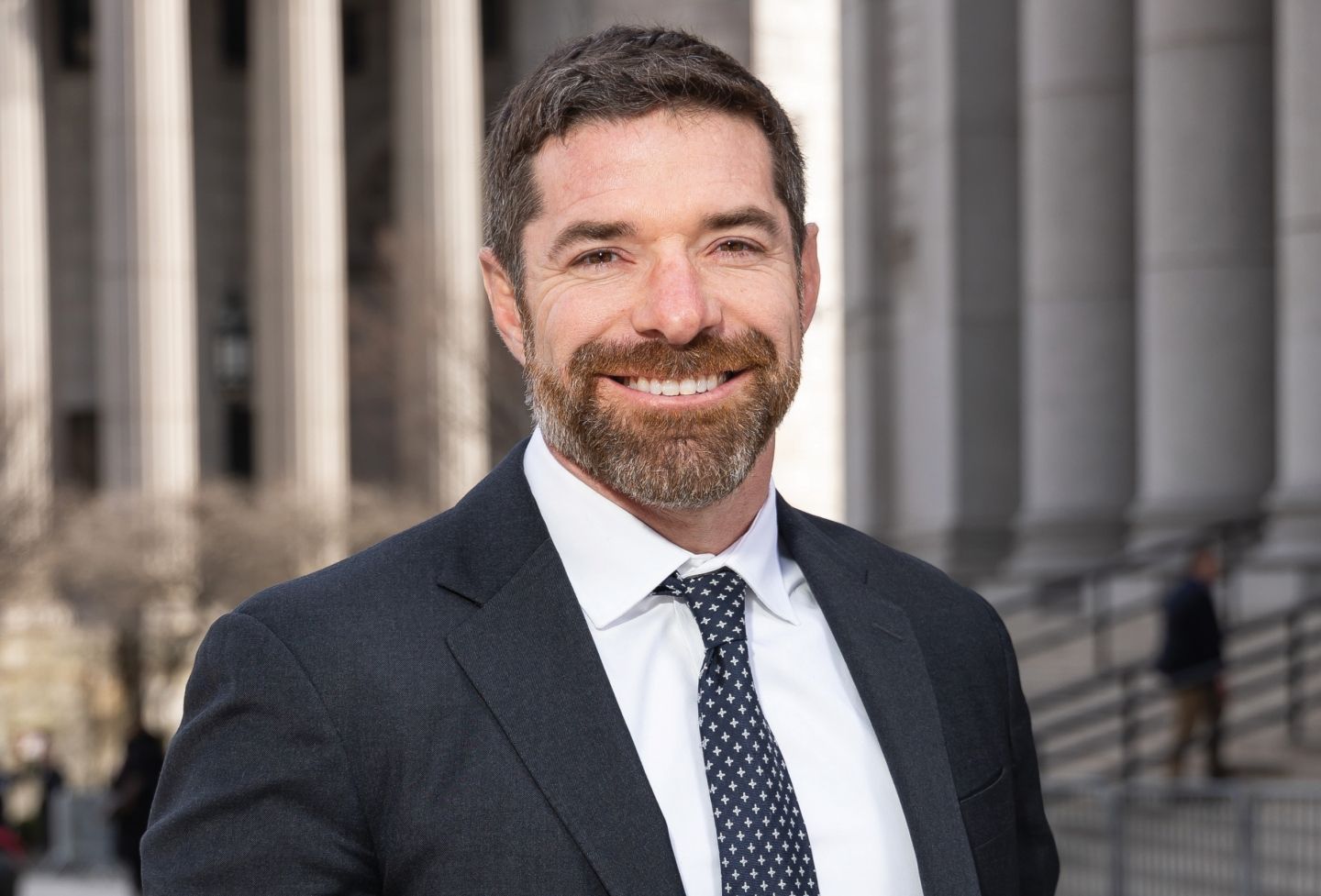Though online distribution of manipulated copyrighted material such as movies and music has generated much legal analysis in recent years, a similar emerging area of intellectual property law is largely overlooked, William Fisher said at the Law School on Thursday.
Fisher, a professor at Harvard Law School who delivered the annual Lester Zittrain Distinguished Lecture on Intellectual Property Law, said copyright law and scholarship has tried to take account of the ways consumers are now manipulating and distributing intangible material such as music downloads.
“This has become increasingly common in the roughly past 10 to 15 years, and there is a lot of legal doctrine that addresses this,” he said.Examples of this manipulation can be seen all over the Internet, from faux trailers for popular movies to fan fiction or music “mash-ups,” in which someone takes two or more songs and remixes them into one, said Fisher, who is also the director of Harvard’s Berkman Center for Internet & Society.
But there isn’t a corresponding amount of legal work being done with regard to the manipulation of tangible items, though thriving communities have emerged that are made up of consumers who tinker and change items ranging from basketball shoes to kite-surfing gear.
There are communities whose members redesign Nike shoes, and others who discuss the best way to modify drill bits, Fisher said. This type of behavior isn’t new; communities that modify and customize motorcycles and cars have been around for years. But technology has made it easier than ever for them to form and communicate.
“These communities of innovators used to be real-space communities — climbers who would share modifications among the members of their own friendship network,” Fisher said. “Now they tend to be global, where the modifications are shared among users, and sometimes … between manufacturers and users.”
In some areas, such as kite surfing or ice climbing, much of the innovation is done by the practitioners themselves, and the private sector tries to keep up, he said.
There hasn’t yet been much litigation over the modification of tangible items, which contributes to the corresponding lack of legal study, Fisher said.
The responses of the companies who own the copyrighted material has ranged from acceptance — and even engagement and encouragement — to legal action, he said.
“The tools available to the IP owners under these circumstances include, first of all, technology,” Fisher said. Apple, for example, designed its iPhones in such a way that they are difficult to “jailbreak” — or hack into to make unauthorized changes to the software or function of the phone, and users who make changes to the phones risk losing out on future software updates from Apple.
There’s also an expanding field of legal options available for companies or copyright holders, Fisher said.
“Intellectual property owners sometime seek to block — or control and monetize — these behaviors, and the legal system offers them a powerful array of tools to do so,” he said.
Fisher outlined arguments on both sides of the debate over whether such behavior should be encouraged, but said there are benefits to allowing these types of communities to prosper, despite the powerful legal tools available to intellectual property rights holders.
“On balance, we should strive, nevertheless, to give innovators of these various sorts more latitude than the legal system currently affords them,” he said.
The Lester Zittrain Distinguished Lecture series was inaugurated in 2004 and is named after Lester Zittrain, a 1955 Law School graduate and prominent lawyer who represented, among others, sports stars such as Terry Bradshaw and Mean Joe Green.
Founded in 1819, the University of Virginia School of Law is the second-oldest continuously operating law school in the nation. Consistently ranked among the top law schools, Virginia is a world-renowned training ground for distinguished lawyers and public servants, instilling in them a commitment to leadership, integrity and community service.


